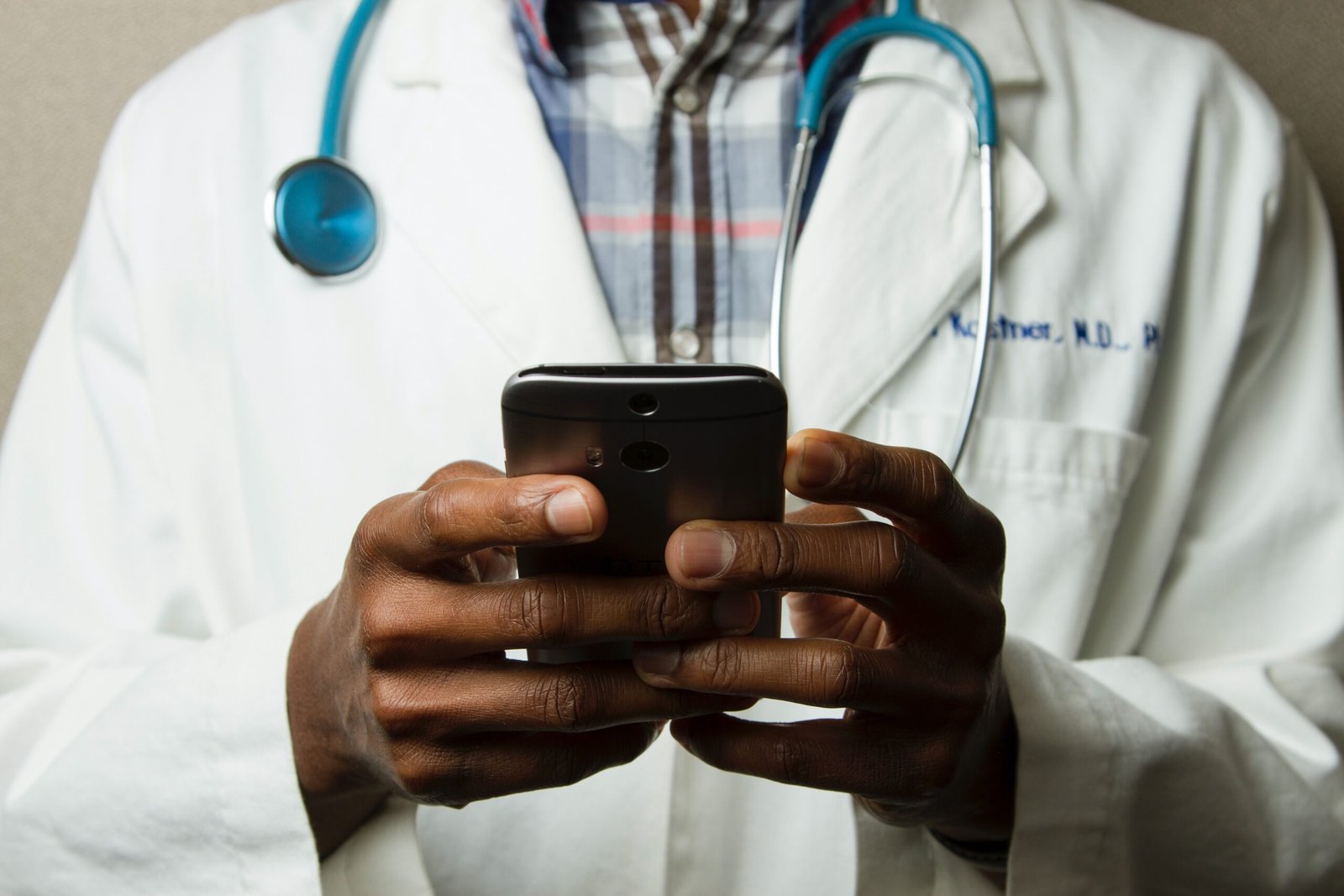Introduction
Welcome to the world of digital health! In recent years, healthcare technology has been rapidly advancing, revolutionizing the way we approach healthcare and improving patient outcomes. From wearable devices to telemedicine, the latest innovations in healthcare tech are transforming the industry. In this blog post, we will explore some of the most exciting developments in digital health.
Wearable Devices
One of the most popular trends in digital health is the use of wearable devices. These devices, such as smartwatches and fitness trackers, can monitor various health parameters, including heart rate, sleep patterns, and physical activity. They provide individuals with real-time data about their health, empowering them to make informed decisions and take control of their well-being.
Wearable devices are not only useful for individuals but also for healthcare professionals. They can help doctors and nurses monitor patients remotely, allowing for more efficient and personalized care. For example, a doctor can receive alerts if a patient’s heart rate or blood pressure exceeds certain thresholds, enabling them to intervene promptly.
Telemedicine
Telemedicine, also known as telehealth, is another game-changing innovation in healthcare tech. It involves using telecommunications technology to provide remote medical services. With telemedicine, patients can consult with healthcare professionals from the comfort of their own homes, eliminating the need for in-person visits in many cases.
This technology has become even more crucial during the COVID-19 pandemic, as it allows patients to receive medical care while minimizing the risk of exposure to the virus. Telemedicine appointments can be conducted through video calls, where doctors can assess symptoms, provide diagnoses, and prescribe medications. It has proven to be a convenient and effective way to deliver healthcare services, particularly for non-emergency situations.
Artificial Intelligence (AI)
Artificial Intelligence (AI) is revolutionizing healthcare by assisting in various tasks, from diagnosis to treatment. AI algorithms can analyze large amounts of medical data and identify patterns that may not be apparent to human doctors. This can help in early detection of diseases, improving accuracy and efficiency.
AI-powered chatbots are also being used to provide basic medical advice and answer common health-related questions. These chatbots can offer guidance on symptoms, recommend over-the-counter treatments, and direct individuals to appropriate healthcare providers if necessary. They are available 24/7, providing immediate assistance and reducing the burden on healthcare systems.
Virtual Reality (VR)
Virtual Reality (VR) is not just for gaming; it has found its way into healthcare as well. VR technology is being used to enhance patient experiences and improve outcomes. For example, it can help distract patients during painful procedures or alleviate anxiety and stress before surgery.
VR can also be used for training healthcare professionals. Medical students can practice surgeries in a virtual environment, allowing them to gain experience and refine their skills before operating on real patients. This immersive training can enhance patient safety and improve the overall quality of healthcare.
Conclusion
The digital health revolution is well underway, and the latest innovations in healthcare tech are transforming the industry. Wearable devices, telemedicine, artificial intelligence, and virtual reality are just a few examples of how technology is improving patient care and empowering individuals to take charge of their health.
As technology continues to advance, we can expect even more exciting developments in digital health. From personalized medicine to remote monitoring, the possibilities are endless. The future of healthcare is digital, and it promises to revolutionize the way we approach healthcare.
































